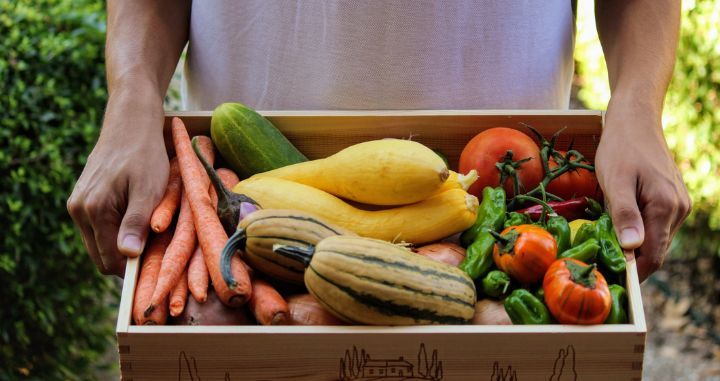By Elizabeth Tobey
There’s a reason why farmers are always talking about the weather–it affects everything they do. It doesn’t matter if they’re on hundreds of acres or a fraction-of-an-acre plot, farmers are deeply tuned in to the weather patterns in their region and how they affect their land and their crops.
Over the years, OFRF has spoken to dozens, if not hundreds, of farmers, and a noticeable increase in extreme weather events often come up in conversation. Whether it’s droughts and wildfires in the West, too much water swamping farmers in the South, increasing winds across the Midwest, or frost dates coming earlier or later than expected, nowhere is immune to the impacts of climate change.
However, organic production systems also offer a suite of tools to literally help farmers “weather the storms” of climate change. In the 2022 National Organic Research Agenda (NORA) report, nearly 80% of transitioning growers cited “greater resilience to climate change through organic practices” as a motivating factor to certify organic.
At OFRF, we recognize that organic is a climate solution. Regenerative organic farming is a proactive approach to climate resilience, reducing reliance on synthetic inputs while enhancing soil health, carbon sequestration, and biodiversity. Organic practices focus on using natural soil amendments like compost, manures, and animal byproducts, and preventative approaches to pests and disease such as selecting regionally-adapted and pest-resistant cultivars. These holistic farming systems improve water retention, reduce greenhouse gas emissions, and help farmers adapt to unpredictable weather conditions.
To better understand the challenges farmers are facing, and the solutions that organic agriculture offers, we’ve put together a collection of a few articles that highlight how organic farmers are both impacted by and well-poised to address climate change:



